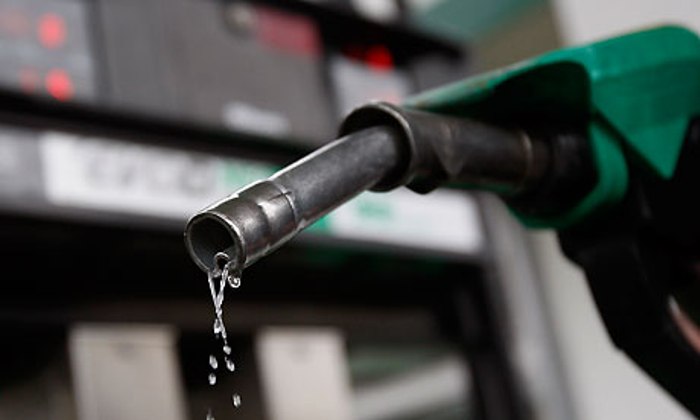The Federal Government has reduced the pump price of premium motor spirit, otherwise known as petrol, from N168 to N162.44 per litre with effect from December 14, 2020.
According to a report from Punch, this disclosure was made by the Minister of Labour and Employment, Dr Chris Ngige, while speaking to newsmen at the end of a meeting with labour leaders which began around 9 pm on Monday and ended at 1:30 am on Tuesday.
READ: Gold Mining: FG signs Express of Interest with Luxembourg firm
While briefing the press, the labour minister revealed that as part of the fallout of the meeting, a technical committee has been set up to ensure price stability in the industry. The committee which is expected to conduct an appraisal of the market forces and other things that would ensure stability in the industry will report back to the larger house on January 25.
READ: Experts pick holes in pump pricing of petrol, proffer solutions
What the Minister is saying
Ngige said, “Our discussion was fruitful and the Nigerian National Petroleum Corporation which is the major importer and marketers of petroleum products and customers have agreed that there will be a slide down of the pump price of PMS and that the price cut will get us about N5 per litre and that the price cut will take effect from next Monday, a week today.”
READ: Port Harcourt Refinery to get a facelift in Q1 2021 – NNPC
The minister explained that the price reduction, which is a product of a joint committee of NNPC and representatives of labour will not impact on government’s deregulation policy as it did not affect the price of crude oil but on areas where the NNPC as the main importer had agreed that it could cut costs like freight and demurrage costs.
On electricity tariff, both sides agreed to wait till the next meeting date on January 25 to enable the special committee dealing with complaints to conclude their deliberations.
READ: Nigeria Spends N60.37 billion on Fuel Subsidy in November
What you should know
- It can be recalled that a few weeks ago, NNPC, through its subsidiary, PPMC, increased the ex-depot price of petrol to N155.17 from N147.67 per litre for the month of November.
- This consequently saw the marketers dispensing the product within the band of N165 and N173 per litre.
- With the announcement of the full deregulation of the downstream sector of the oil industry, it is expected that the market forces should determine the price of petroleum products, but it still appears that the government still has a major role in determining its price.
READ: Nigeria to import petroleum products from Niger Republic, sign MoU on transportation, storage
